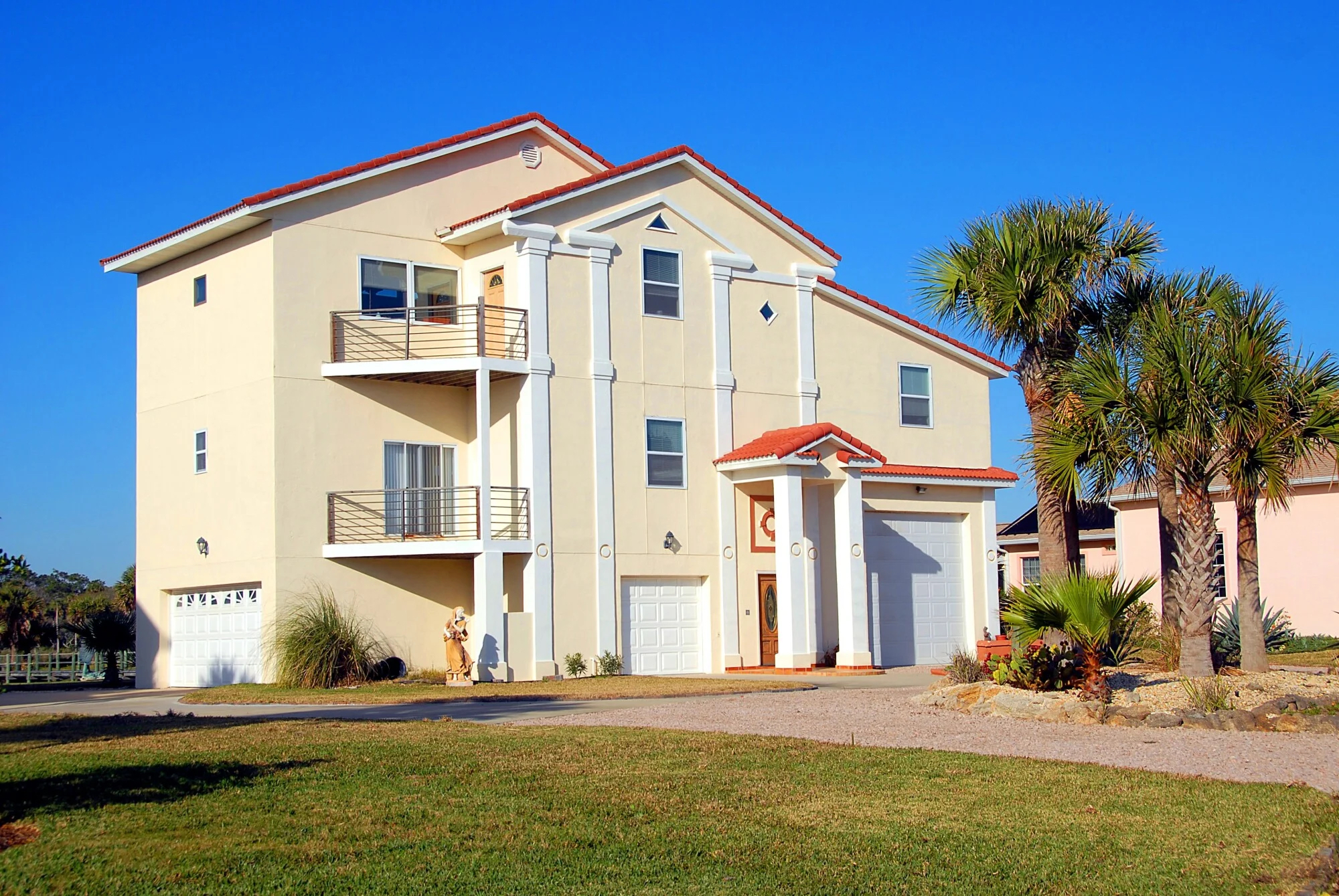It's hard to fathom that over 30 million Americans visit Florida each year. International travelers would make this number skyrocket more.
This means that starting a short-term rental in beautiful Lake Worth could be brilliant. You can't just start a short-term rental business without research, though.
What should short-term rental property owners know? Read on for three tricks for short-term property management.
1. Familiarize Yourself With Short-Term Rental Laws
What's the first thing you should do when considering a short-term rental in Lake Worth, FL? You need to dive into the Lake Worth regulations and laws for short-term rentals. Many municipalities have specific rules and restrictions in place to ensure the safety and well-being of both hosts and guests.
Lake Worth, like many Florida cities, has its own set of short-term rental laws. It's crucial to familiarize yourself with these regulations so you don't face any sticky legal situations. Some common regulations may include the following:
- Occupancy limits
- Noise restrictions
- Safety requirements
Make sure to check with the Lake Worth authorities for the most up-to-date information on short-term rental laws. This could include the Lake Worth City Hall or the City's website. Failing to do this could lead to the suspension of your short-term rental operation or fines, so it's essential to abide by them.
2. Assess Short-Term Rental Income and Expenses
Before starting a short-term rental, it's essential to have a clear understanding of your potential income and expenses. Your short-term rental income will depend on these factors:
- Location
- Property type
- Demand
Lake Worth is a popular destination for tourists, which can be advantageous for rental property owners. You should carefully analyze your property's earning potential based on market research and historical rental data.
You also need to account for short-term rental expenses. These can include the following:
- Property maintenance
- Utility costs
- Cleaning fees
- Insurance
- Property management expenses
Make a full list of all potential costs to ensure that your rental income covers them so you're left with a profit. Don't forget to factor in the costs of furnishing your property if it isn't already fully equipped. This initial investment will help you attract guests and maintain a high occupancy rate.
Afterward, do some research on short-term rental taxes so there are no surprises.
3. Create a Short-Term Rental Startup Checklist
Creating a startup checklist is crucial for the success of your short-term rental business in Lake Worth, FL. This checklist should encompass all aspects of your operation, from property preparation to guest communication.
Property Preparation
Clean and declutter the property. Get your appliances and amenities in working order. Furnish and decorate the space attractively.
Guest Experience
Provide essential amenities like toiletries and linens. Prepare clear instructions for check-in and check-out. Create a guidebook with local recommendations.
Marketing and Promotion
Create an amazing listing with nice photos. Use popular short-term rental platforms like Airbnb or Vrbo. Set competitive pricing based on Lake Worth market trends.
Do You Need Help With Short-Term Property Management?
Starting a short-term rental in Lake Worth could be a genius idea. To set yourself up for success, make sure to familiarize yourself with local short-term rental laws, assess your potential income and expenses, and create a full startup checklist.
You don't have to run a short-term rental by yourself. Contact PMI Jewell to discuss our winning short-term property management solutions.


